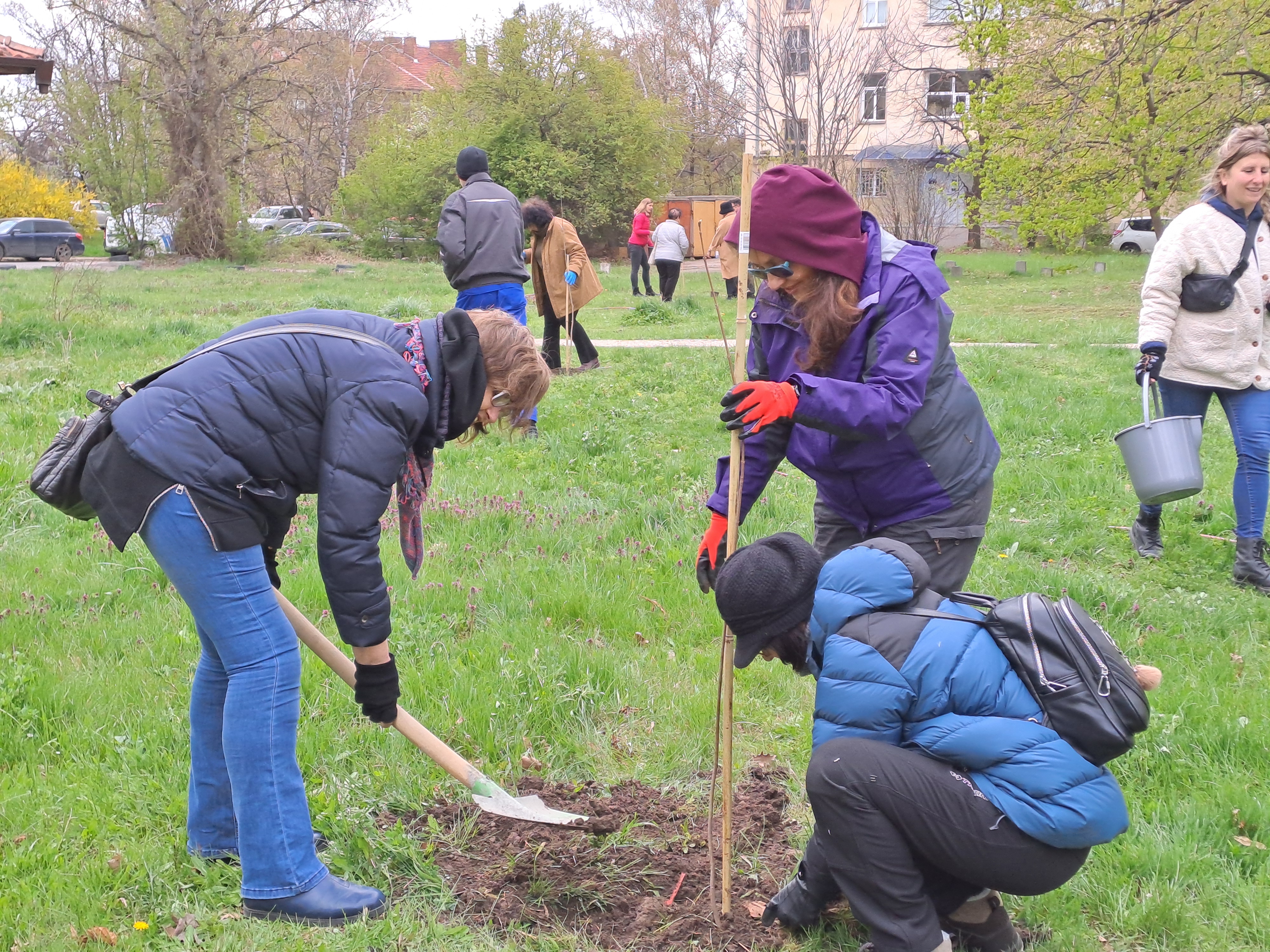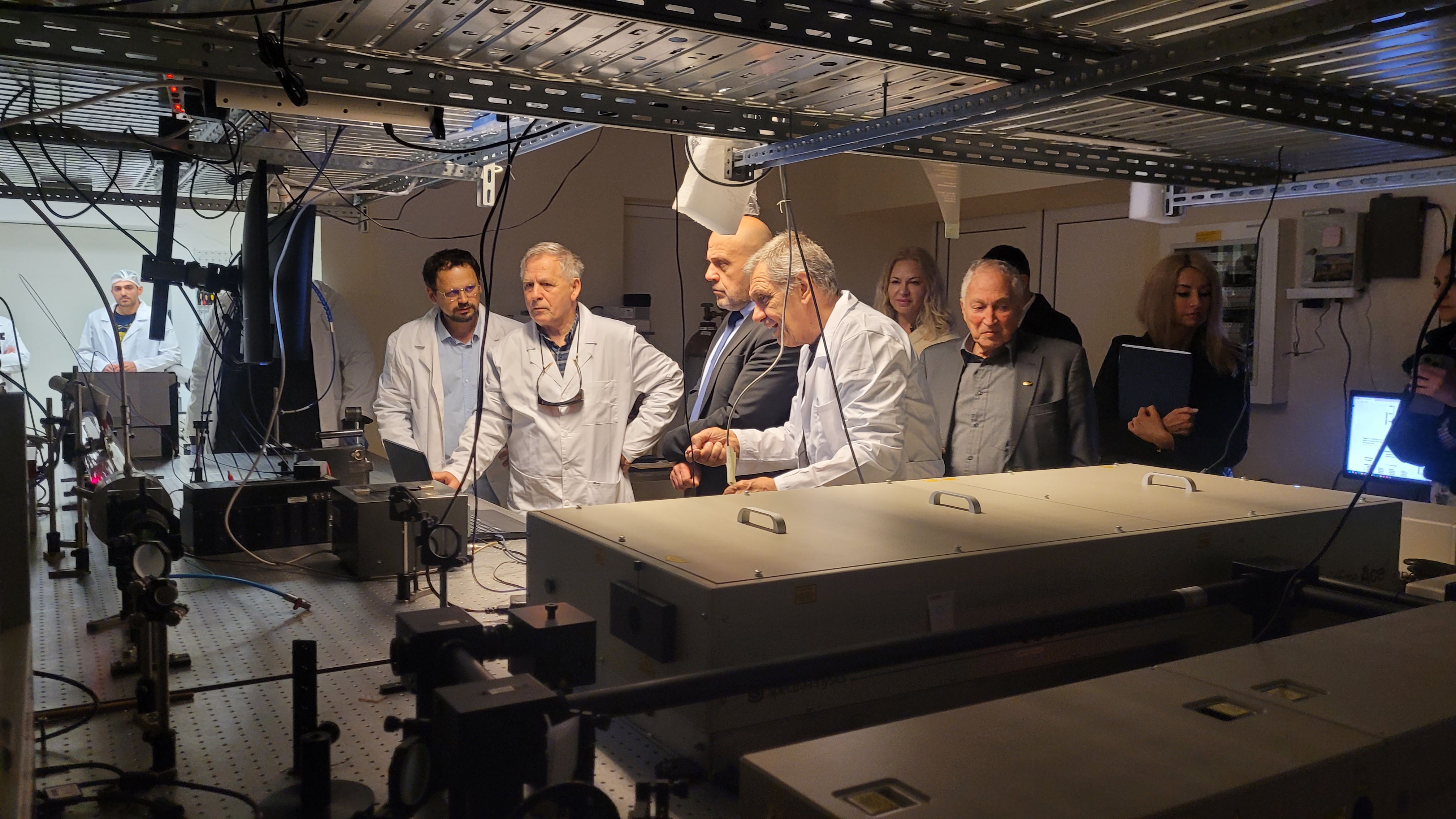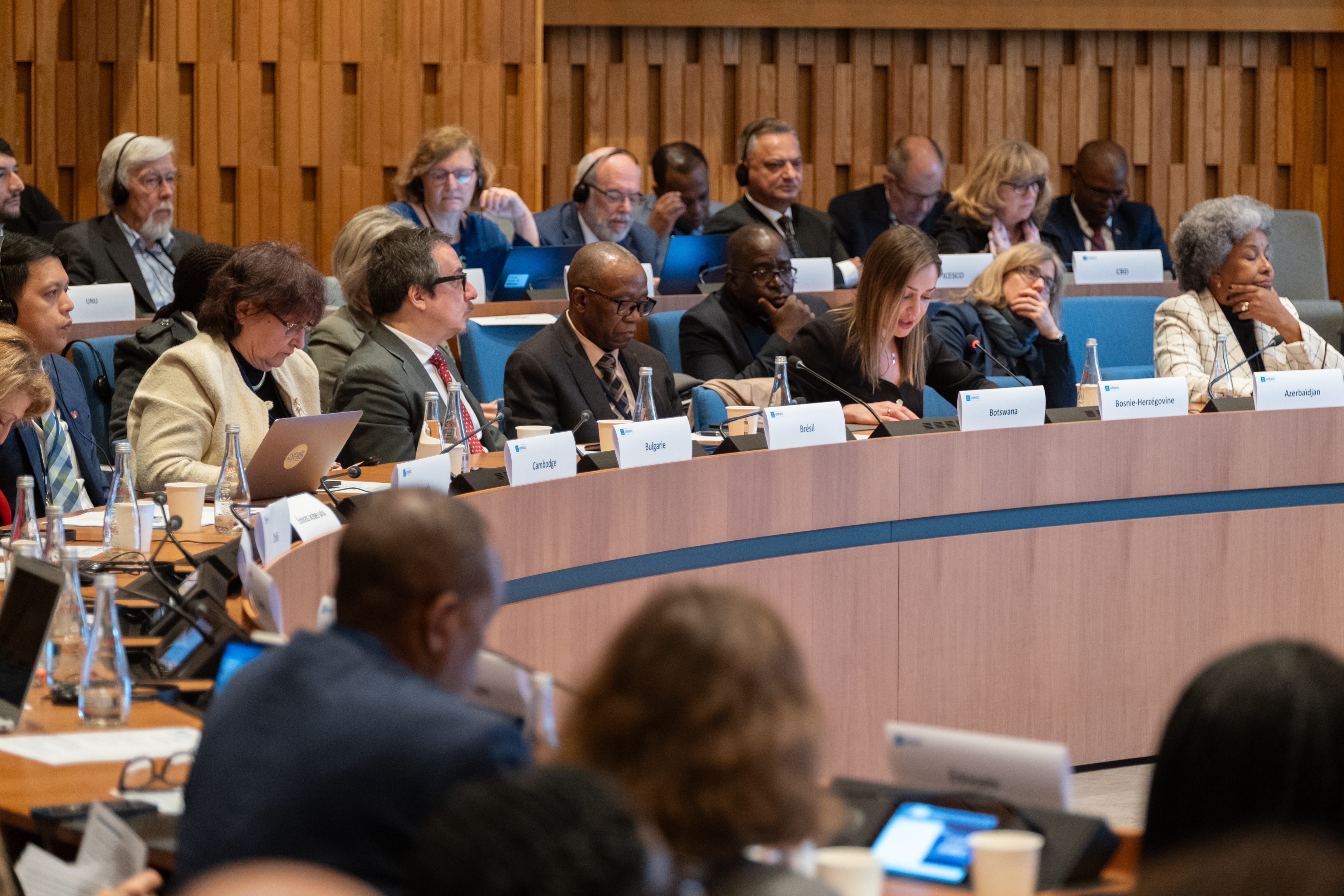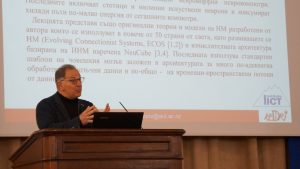 The Institute of Information and Communication Technologies of BAS (IICT) is a partner in the NEMO BMI project: ‘Auto-adaptive neuromorphic Brain-Machine Interface’, funded by the European Innovation Council. The project is related to the application of artificial intelligence in healthcare. This was announced at BAS by world-renowned scientist Prof. Nikola Kasabov, who is a guest professor at the Institute and participates in the project.
The Institute of Information and Communication Technologies of BAS (IICT) is a partner in the NEMO BMI project: ‘Auto-adaptive neuromorphic Brain-Machine Interface’, funded by the European Innovation Council. The project is related to the application of artificial intelligence in healthcare. This was announced at BAS by world-renowned scientist Prof. Nikola Kasabov, who is a guest professor at the Institute and participates in the project.
Scientists from the institute, part of an international consortium, are starting work on the creation of a decoder for brain signals, Prof. Kasabov said. He gave a lecture on neuroinformatics, neural networks and neurocomputing (NNN) and presented new developments and applications in this field. Neural networks are applied in data processing in almost all fields of science, Prof. Kasabov said. He is a leading scientist in the world in the field of Neural Networks (NNs) and his lecture focused on the current development and problems of NNs as well as their future. Prof. Kasabov presented original theories and models of NNs developed by him, which were used in more than 50 countries of the world. 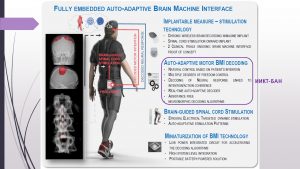
Today, an international group NNN-G3N is being set up and a meeting of experts in this field is planned in Bulgaria next year. The idea is to involve specialists, programmers, scientists but also young enthusiasts, the professor said.
Neuroinformatics deals with the information processes of the nervous system and with their modelling and study. Neural networks (NNs) are data processing models that have been applied in almost all fields of science and technology in the world in recent years, thanks to so-called deep neural networks. Impulse NNs (INNs), also known as spiking neural networks, have been rapidly developing and are the basis for the development of ultra-powerful neuromorphic neurocomputers. They involve hundreds or millions of artificial neurons and consume thousands of times less power than current computers.
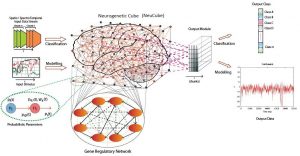 During the lecture many applications of NN, INM and NeuCube developed by Kasabov’s team were demonstrated. These include early diagnosis and prediction of brain and cognitive diseases, brain-machine interfaces for controlling prostheses and objects via brain signals, and others. Some of these developments are on the agenda of the new NEMO-BMI project. Alongside the control of prostheses, brain signals will be deciphered and fed for the first time in global practice to damaged spinal nerves for their repair through continuous self-learning. This is a world-leading project in close collaboration of Bulgarian scientists with colleagues from France, the Netherlands and Switzerland. The Bulgarian team is based at the Institute of Information and Communication Technologies of BAS.
During the lecture many applications of NN, INM and NeuCube developed by Kasabov’s team were demonstrated. These include early diagnosis and prediction of brain and cognitive diseases, brain-machine interfaces for controlling prostheses and objects via brain signals, and others. Some of these developments are on the agenda of the new NEMO-BMI project. Alongside the control of prostheses, brain signals will be deciphered and fed for the first time in global practice to damaged spinal nerves for their repair through continuous self-learning. This is a world-leading project in close collaboration of Bulgarian scientists with colleagues from France, the Netherlands and Switzerland. The Bulgarian team is based at the Institute of Information and Communication Technologies of BAS.
See the lecture at: https://www.youtube.com/watch?v=ZOp51P7NBvE
More information about Prof. Nikola Kasabov at: https://academics.aut.ac.nz/nkasabov


